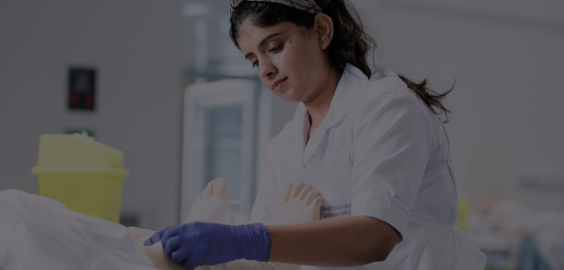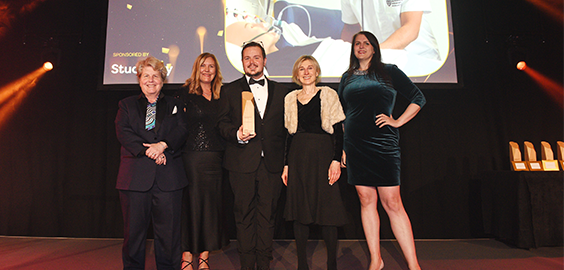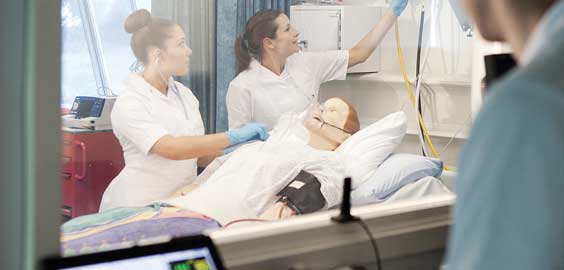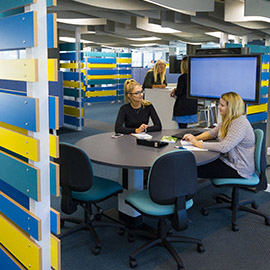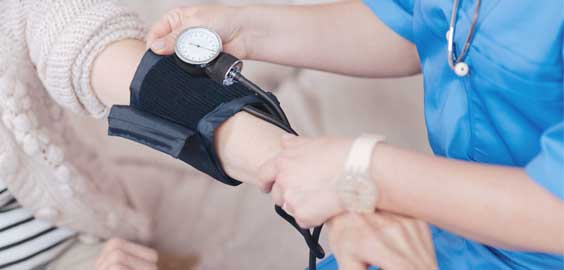As a registered
nurse or midwife from the NMC standards, you will graduate from the
Specialist Community Public Health Nursing (Health Visiting / School Nursing) post
registration programme and you will build on existing nursing knowledge to
advance evidence-based practice, and
it will enable you to make a genuine impact on the health and wellbeing of your
clients and patients. You will be able to apply critical thinking and
synthesis in the expert learning within the field of health visiting and will
learn specialist skills for public health and community working and be
supported to develop effective leadership skills and advanced partnership
working across all areas of practice.
SCPHN
school nurses (SN) are autonomous practitioners who uphold the rights of
school-aged children and young people at all times, Working collaboratively
across health, education and other agencies, and as an integral part of a
broader public health service, school nurses advocate for optimum health for
all school-aged children and young people.
After
successfully completing this post registration programme, you will be
recognised as a Specialist Community Public Health Nurse, on the third part of
the Nursing and Midwifery Council register. You will also receive a
Postgraduate Diploma from Northumbria University.
You will
study partially at our Coach Lane Campus, and partially on placement, with both
strands running alongside each other to give you an integrated approach to
theory and practice.
If you're looking for something else in nursing then take a look at our wide
range of NHS Funded Nursing Courses
How to Apply
This course is open to Nurses and midwives on part 1 of NMC register only. Those wishing to study the course will be required to complete a university application once they have undergone an interview with their employing Trust and secured a place. Places on this course are advertised via partner trusts at the beginning of each calendar year. The University holds Open Events throughout the year which will and allow you to ask questions and meet some of the postgraduate academics you will be taught by. Details of these events will be published on this webpage and on the University's social media accounts.
To find out more about the course or for assistance with the application process contact us via email.
Want to find out more? Join our Specialist Community Public Health Nursing (SCPHN) Health Visitor or School Nursing Open Evenings
Online: Monday, January 26th 5pm - Join on Microsoft Teams.
On Campus: March 25th 5pm at Coach Lane Campus, Benton Road NE7 7XA.
 Option for Placement Year
Option for Placement Year Option for Study Abroad
Option for Study Abroad

